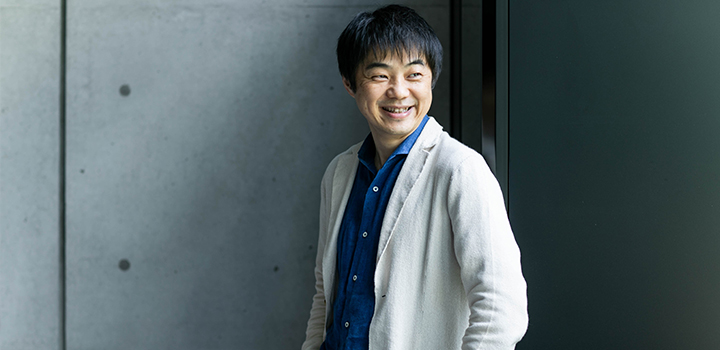Yuji Ikegaya

Main Lab Location:
The University of TokyoMailing Address:
7-3-1 Hongo Bunkyo-ku, Tokyo 113-0033Email:
yuji at ikegaya.jpHomepage:
http://yakusaku.jpMy research focuses on visual information processing and its latent plasticity.
Vision constitutes a large portion of human’s sensation and could involve different mechanisms between primates and other animals. I do visual research using mice and rats in the University-of-Tokyo lab and compensate an important part with human studies in my CiNeT lab.
At CiNET, I mainly use fMRI to reveal how the brain creates the internal representation about 3D and color vision in the low-level visual cortices. This aims to extrapolate my findings on visual cortical plasticity in rodents to the human brain. For example, I recently found simple, specific non-invasive methods can induce a long-lasting, specific alteration of visual responsiveness even after the critical period in mice (unpublished data). We are very interested to examine whether it is applicable to humans – pilot tests imply that it does work. Thus, this technique may be able to restore the lost (or weakened) visual ability in patients.
In near future, I would like to extend this “brain exploitation” project to other modalities, including non-innate abilities to sense geomagnetism, invisible light, and even other’s brain activity (i.e., direct brain-to-brain communication).
Selected Publications:
Noguchi, A., Huszár, R., Morikawa, S., Buzsáki, G., and Ikegaya, Y.
Inhibition allocates spikes during hippocampal ripples
Nature Communications, 13:1280, 2022.
Okamoto, K., Ebina, T., Fuji, N., Konishi, K., Sato, Y., Kashima, T., Nakano, R., Hioki, H., Takeuchi, H., Yumoto, J., Matsuzaki, M., and Ikegaya, Y.
Tb3+-doped fluorescent glass for biology.
Science Advances, 7:eabd2529, 2021.
Miyawaki, T., Morikawa, S., Susaki, E. A., Nakashima, A., Takeuchi, H., Yamaguchi, S., Ueda, H. R., and Ikegaya, Y.
Visualization and molecular characterization of whole-brain vascular networks with capillary resolution.
Nature Communications, 11:1104, 2020.
Ishikawa, T. and Ikegaya, Y.
Locally sequential synaptic reactivation during hippocampal ripples.
Science Advances, 6:eaay1492, 2020.
Ikegaya, Y. and Matsumoto, N.
Spikes in the sleeping brain (perspective).
Science, 366:306-307, 2019.
Nakashima, A., Ihara, N., Shigeta, M., Kiyonari, H., Ikegaya, Y., and Takeuchi, H.
Structured spike series specify gene expression patterns for olfactory circuit formation.
Science, 365:eaaw5030, 2019.
Sakaguchi, T., Iwasaki, S., Okada, M., Okamoto, K., and Ikegaya, Y.
Ethanol facilitates socially-evoked memory recall in mice by recruiting pain-sensitive anterior cingulate cortical neurons.
Nature Communications, 9:3526, 2018.
Norimoto, H., Makino, K., Gao, M., Shikano, Y., Okamoto, K., Ishikawa, T., Sasaki, T., Hioki, H., Fujisawa, S., and Ikegaya, Y.
Hippocampal ripples down-regulate synapses.
Science, 359:1524-1527, 2018.
Short Biography:
1998-2006 Instructor at the University of Tokyo, Japan
2002-2005 Postdoctoral Researcher at Columbia University, USA
2006-2007 Lecturer at the University of Tokyo, Japan
2007-2014 Associate Professor at the University of Tokyo, Japan
2014-present Professor at the University of Tokyo, Japan
Announcements / News:
- A post-doc position may be available in my CiNET lab. Please contact me for details.
